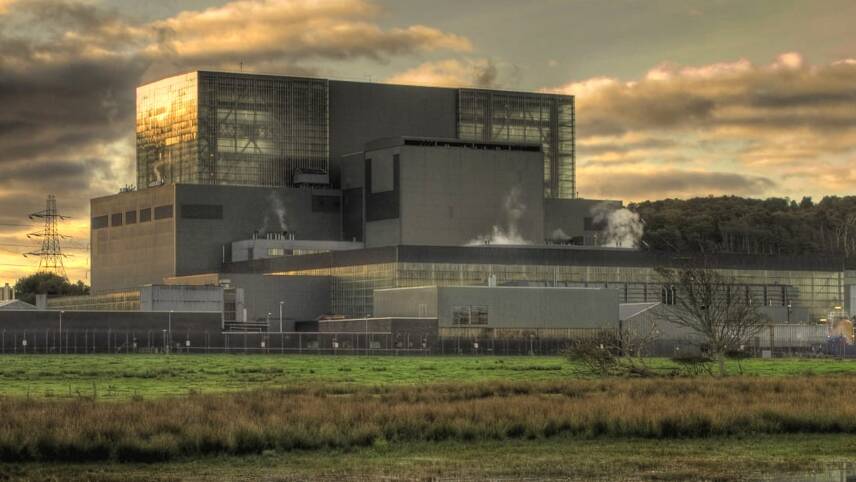You’ve reached your limit!
To continue enjoying Utility Week Innovate, brought to you in association with Utility Week Live or gain unlimited Utility Week site access choose the option that applies to you below:
Register to access Utility Week Innovate
- Get the latest insight on frontline business challenges
- Receive specialist sector newsletters to keep you informed
- Access our Utility Week Innovate content for free
- Join us in bringing collaborative innovation to life at Utility Week Live

Centrica has revealed it is “reconsidering” its plan to sell its 20 per cent stake in the UK’s nuclear fleet.
The company made the announcement in its half year financial results to 30 June which were published this morning (22 July).
In 2018 the company said it intended to divest of its interest in the UK’s operational nuclear fleet however today it revealed it had been reconsidering whether nuclear can play a role for the company in the future.
“Our focus remains on the customer, and as we look to help our customers reduce their carbon emissions, our nuclear stake provides us with an important source of zero carbon electricity. Therefore, we may decide to retain our 20 per cent interest,” the company said.
EDF owns and operates the UK’s nuclear power stations and by 2030 expects all seven advanced gas cooled reactor (AGRs) stations to have stopped generating power and be at various stages of decommissioning.
Only one of the existing stations – Sizewell B (a pressurised water reactor) – will still be generating in 2030. Meanwhile Hinkley Point C, currently under construction, is expected to be online in 2026.
The UK’s nuclear fleet has been blighted with issues in recent years, with hardware faults resulting in the early closures of some plants.
In Scotland the Hunterston B plant will shut down in January next year, at least a year earlier than previously thought. This is after the Office for Nuclear Regulation (ONR) cleared the first of its two reactors to resume operations for a period of only six months.
Both reactors were taken offline in May 2018 after inspections found fresh cracks in the graphite bricks that make up the core of the first reactor. Although cracks were expected to form as it reached the end of its working life, they were found to be emerging faster than expected.
In July 2022 Hinkley Point B will also begin the first stage of defueling which is eight months earlier than expected. Again the advanced closure was put down to a deterioration in the graphite blocks that make up the cores of its two reactors.
Recently EDF announced that Dungeness B in Kent was to begin decommissioning seven years ahead of schedule after faults were found at the plant. The AGR has been offline since 2018 after problems were discovered during maintenance.
The station was first connected to the grid in 1983 and was originally due to close in 2008. However, the last extension of its lifetime had signalled an estimated stop point of 2028.
The other AGRs are Torness in Scotland, Hartlepool in Teesside, Heysham 1 and Heysham 2 in Lancashire.
Heysham 1 and Hartelpool are expected to go offline from 2024 with Torness and Heysham 2 – the newest of the AGRs – set to run until 2030.




Please login or Register to leave a comment.